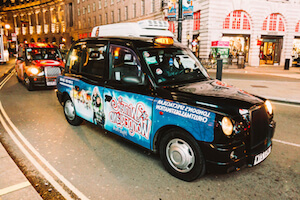TAXI LICENSING & PRIVATE HIRE
Overview: Introduction to Hackney Carriages (Taxis) and Private Hire Vehicles: Paterson's Licensing Acts 2017
1831 was an eventful year. The new London Bridge was opened; Michael Faraday induced electricity from a magnet; Charles Darwin set forth on the voyage of the Beagle; and the London Hackney Carriage Act 1831 was passed, requiring the carriage of passengers for reward in London (then in a horse-drawn vehicle) to be licensed.
The succession of legislation that followed—much of it still in force—has left us with a complex shantytown of regulation, much in need of consolidation and reform. In July 2011 the Law Commission started working on a review of the law relating to the licensing of taxis and private hire vehicles nation-wide, with a view to publishing a final report and draft Bill by the end of 2013. Due to ‘an administrative error’ the Draft Bill was not published until May 2014. We do not propose to discuss its contents, because (as we have seen in alcohol, entertainment and gambling legislation) there is many an amendment between Draft Bill and Statute. It is reassuring, however, to know that improvement is on its way, because the present law is unduly complicated and occasionally irrational.
The complexity arises from two principal sources: there are separate regimes for taxi licensing (the ‘cabs’ you can hail from a street or pick up at a taxi rank) and private hire vehicle licensing (the cars are often called ‘mini-cabs’, usually booked by telephone); and to make matters worse, there are different regimes for each of the above, depending on whether the vehicle operates from London or from outside London. The irrationality is sometimes the result of careless draftsmanship. More charitably, as a House of Commons ‘Standard Note’ on taxis and private hire vehicles1 puts it, ‘The present regulatory arrangements governing taxis and PHVs have grown up by historical accident rather than design’.
Dual Licensing Regime
There are separate regimes for taxi licensing (the ‘cabs’ you hail in a street or pick up at a taxi rank) and private hire vehicle licensing (the cars we sometimes call ‘mini-cabs’, usually booked by telephone); and there are different regimes for each of the above, depending on whether the vehicle operates from London or from outside London.
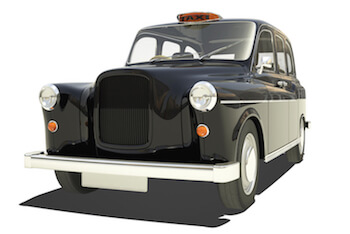
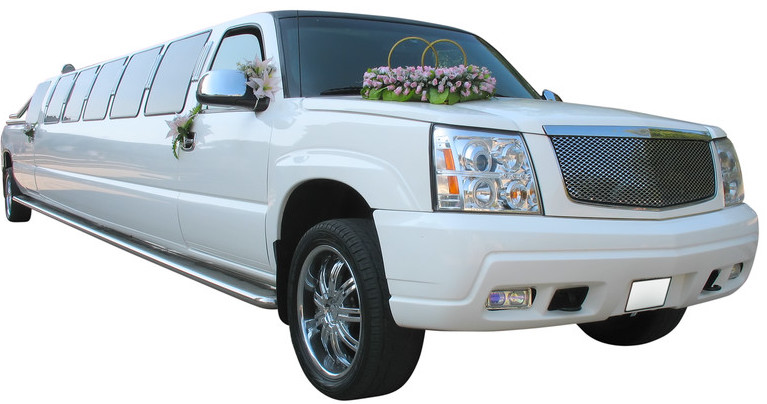
Licensing Authorities
The licensing authority for taxis and PHVs inside London is Transport for London (‘TfL’).
The licensing authority for taxis and PHVs outside London is the district council for the area in which the application is made.
Storm Clouds over Uber
Black Cabs v Uber
Transport for London has decided not to renew Uber’s London operator’s licence
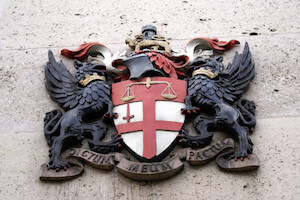
English Language Test
The High Court has ruled that Uber drivers must pass an English Language test
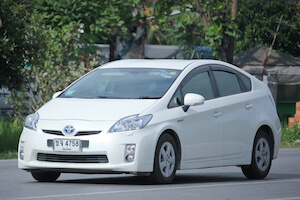
Territorial Restrictions
An ‘intended use policy’ requires drivers to operate predominantly within their own district
